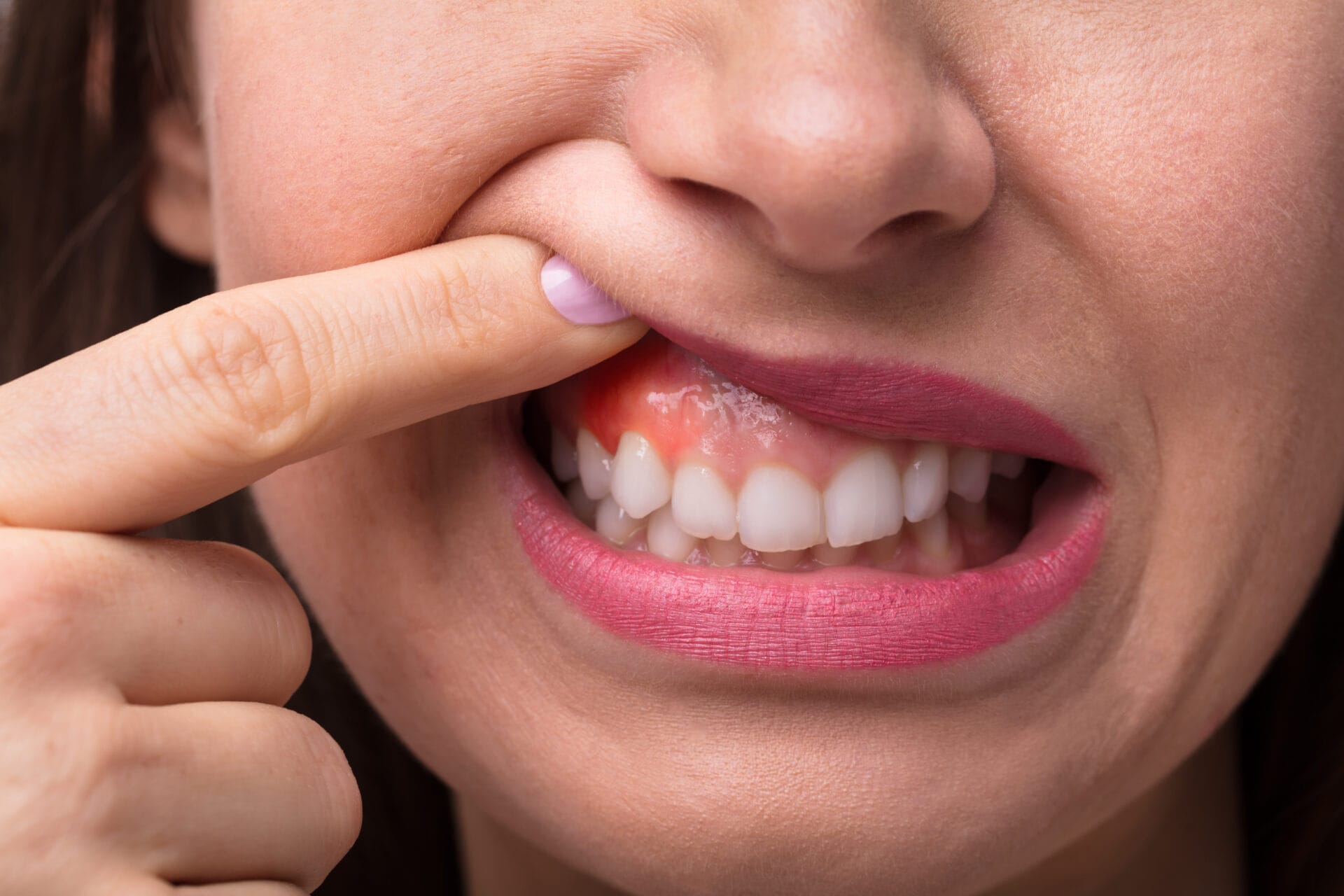What to Know About Your Risk of Periodontal Disease If You’re Diabetic
Oral health often mirrors the condition of your body as a whole. For individuals living with diabetes, this relationship becomes particularly profound. Diabetes doesn’t just influence blood sugar levels—it can also significantly impact your oral and gum health, increasing the risk of conditions such as gum disease, tooth decay, infections and more.
MyHealthcare Centre is dedicated to educating and supporting patients in managing the dual challenges of diabetes and gum disease.
How Does Diabetes Affect Oral Health?
Diabetes, characterised by high blood sugar levels, affects the mouth, by creating a favorable environment for pathogens that are responsible for a host of oral health challenges.
Tooth Decay and Enamel Erosion
Elevated blood sugar levels can lead to an increase in dental plaque, raising the risk of tooth decay. Additionally, acid levels in the mouth may rise, accelerating enamel erosion.
Gingivitis
Higher glucose in saliva fuels bacteria growth, leading to plaque buildup and gingivitis, the early stage of gum disease characterised by inflamed and bleeding gums.
Advanced Gum Disease
If gingivitis is left untreated, it can advance to periodontitis. Diabetes makes managing this condition harder due to its effect on blood circulation, affecting the gum tissues’ ability to heal.
Risk of Infection
The immune system is often compromised in diabetic individuals, increasing susceptibility to infections, including those that affect the gums.
Dry Mouth
Diabetes is associated with reduced saliva flow, which can lead to dry mouth—a condition that may increase gum disease and tooth decay risk.
Bad Breath
An often-overlooked symptom, bad breath can be a sign of poor oral hygiene due to diabetes-related complications.
Diabetes Mouth Ulcers, Diabetes Thrush and Mouth Sores
Individuals with diabetes are at a higher risk of developing oral fungal infections like thrush, as well as mouth sores and mouth ulcers that can take longer to heal.

How Common Is Gum Disease in People With Diabetes?
Studies indicate that people with diabetes have a higher prevalence of gum disease. The risk of periodontitis is increased by approximately threefold in diabetic individuals compared with non-diabetic individuals This is primarily due to their decreased ability to fight off bacterial infections and the potential for reduced blood flow to the gums.
How Does Someone With Diabetes Know If They Have Gum Disease?
The most common signs of gum disease include red, swollen gums, bleeding when brushing or flossing, persistent bad breath, and in severe cases, loose teeth. Diabetic patients should be vigilant for these symptoms and seek urgent dental care if they occur.
How Is Gum Disease Treated When You Have Diabetes?
Gum disease requires a comprehensive treatment approach, especially for those managing diabetes. Both GPs and dentists play an important role in the care and management of diabetic patients with periodontal issues.
Role of the GP in Managing Gum Disease with Diabetes
Our GP assesses the patient’s overall diabetes control because well-managed blood glucose levels are a significant defense against gum disease. They work to ensure that the patient’s diabetes medications are effectively managing blood sugar levels and may adjust treatment plans to better control the condition.
Our GPs can work closely with our dentists to coordinate care, recognise the signs of gum disease and refer patients to dental practitioners when necessary.
Role of the Dentist in Treating Gum Disease for Diabetics
Our dentists provide specialised oral health care, targeting the treatment of gum disease directly. This may include:
- Deep Cleaning: Scaling and polishing are procedures used to deep clean below the gum line, clearing away plaque and tartar build-up that can exacerbate gum disease.
- Medication: Antibiotics may be used to control bacterial infection in the gums. In some cases, medicated mouthwashes or slow-release antibacterial inserts may be prescribed.
- Education: Dentists also educate diabetic patients on the importance of oral hygiene, demonstrating proper brushing and flossing techniques to minimise plaque build-up.
- Regular Monitoring: Dentists schedule regular check-ups and cleanings for diabetic patients to monitor the health of their gums, track the progression of gum disease, and make necessary adjustments to their treatment plans.
In treating gum disease among diabetic patients, both our GPs and dentists emphasise the importance of patient self-care. They recommend regular oral hygiene, quitting smoking, and dietary adjustments to support overall health and reduce the risks associated with diabetes and gum disease.
The combined expertise of our GPs and dentists is beneficial in managing the interplay between diabetes and gum disease, and their collaborative efforts are key to achieving optimal health outcomes for our patients.

Conclusion
Understanding the intrinsic connection between diabetes and gum disease is essential for prevention and early intervention. Effective management of diabetes is a crucial step towards mitigating oral health risks. With regular oral health checks and appropriate dental care, individuals with diabetes can maintain a healthier mouth and a better quality of life.
Why Choose MyHealthcare Clinic for Your Diabetes and Gum Disease?
At MyHealthcare Clinic, our multidisciplinary approach ensures that patients with diabetes receive not only high-quality GP and dental care but also education on how to integrate their oral health practices with their diabetes management.
Our clinicians are skilled in tailoring treatments to address the unique needs of diabetic patients, helping them to manage their oral health effectively.
Book a GP consult or dental check-up at one of our award-winning clinics near you.
FAQs
Read more about our commonly asked questions on diabetes and gum disease:
What is the best way for someone with diabetes to prevent gum disease?
Maintaining good blood sugar control, regular dental check-ups and excellent oral hygiene are vital in preventing gum disease.
Can controlling gum disease help with diabetes management?
Yes, managing gum disease may help improve blood sugar control in people with diabetes, reducing the risk of complications.
How often should people with diabetes get dental check-ups?
People with diabetes should aim for dental check-ups -at least every six months-, though some may require more frequent visits based on their dentist’s recommendation.
What treatments are available for diabetes and thrush?
Thrush can be treated with antifungal medications, but it’s also important to manage your diabetes effectively to prevent recurrence.
Can diabetes cause changes in taste or discomfort when eating?
Diabetes can lead to a dry mouth, which may affect taste and make eating uncomfortable. Good oral hygiene and diabetes management can help alleviate these symptoms.
Can diabetes cause thrush in your mouth?
Yes, diabetes can cause oral thrush as high blood sugar levels can encourage the growth of the yeast Candida in the mouth. Additionally, diabetes may weaken the immune system, making it harder to fight off infections like thrush.
